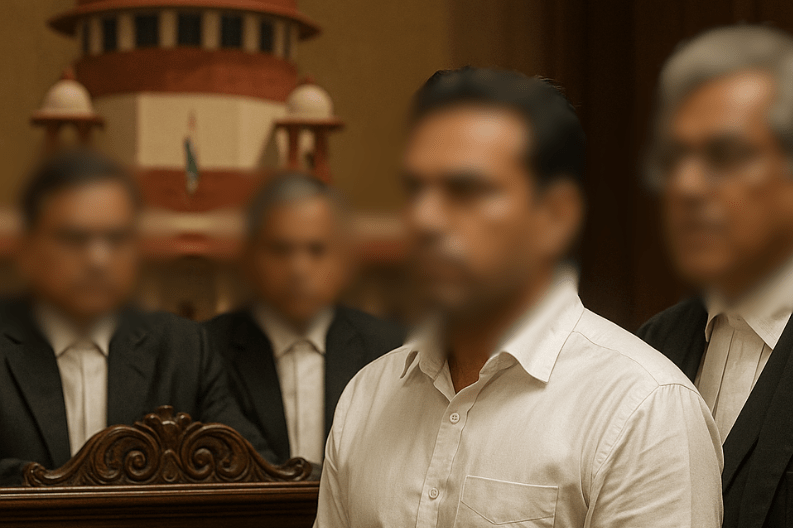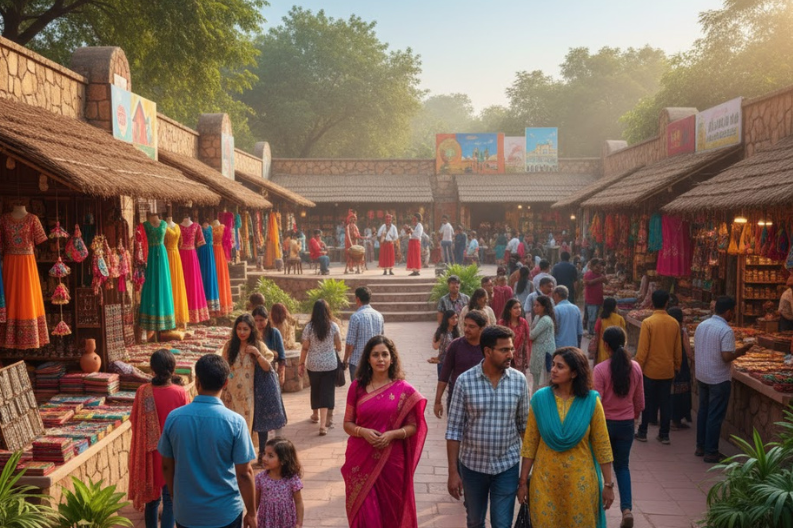The Supreme Court of India has made a major decision in the Nitish Katara murder case as the SC refuse to extend Vikas Yadav interim bail. Yadav, convicted for the 2002 killing, asked for more time outside jail to marry and pay a fine of ₹54 lakh. However, the court rejected his plea after he withdrew it, saying he would focus on a case in the Delhi High Court.
Earlier in September, the Delhi High Court had denied his bail request. After that rejection, Yadav surrendered to the police on September 9. His fresh plea before the Supreme Court sought relief on personal grounds, but the judges declined it.
The bench of Justices MM Sundresh and SC Sharma stated, “It will be a never-ending process if your plea is accepted. Now it is marriage, then you will have children, and it will go on and on.” They made it clear they would not allow repeated bail requests.
Yadav’s lawyer, senior advocate Guru Krishnakumar, argued that the Delhi High Court will hear the case again on December 2. He said Yadav lacked important documents like his Aadhaar card and needed time to arrange money for the fine. Even so, the top court refused to grant relief.
In April, the Supreme Court had given Yadav interim bail due to his mother’s health. But on September 8, it refused further extensions and directed him to approach the High Court. Later, the High Court also rejected his request, pointing out that the Supreme Court had already upheld his conviction in 2016.
The High Court further questioned his marriage claims. Nitish Katara’s mother, Nilam, told the judges that Yadav was already married. Police will verify these claims before the next hearing.
Vikas Yadav, son of former MP DP Yadav, is serving a 25-year sentence without remission for killing Nitish Katara. Katara had been in a relationship with Bharti Yadav, Vikas’s sister. The family opposed the relationship, and authorities treated the crime as an honor killing.
This case has drawn national attention to issues of honor killings, political power, and the justice system. Many believe it highlights the urgent need for reforms in handling violent crimes more consistently.
As the December hearing approaches, the outcome will be crucial for Yadav and for public debate on justice.
In conclusion, the ruling where the SC refuse to extend Vikas Yadav interim bail shows the judiciary’s tough stance in sensitive cases. It also highlights how deeply issues of honor killings and political influence affect criminal trials in India.



